For Parents
Caring for Children With Psoriatic Disease
Our Spot is your source for facts and tips for helping you and your family thrive with psoriatic disease.
.png?ixlib=gatsbyFP&auto=compress%2Cformat&fit=max&rect=0%2C0%2C650%2C450&w=650&h=450)
If your child has psoriasis or psoriatic arthritis, know this: You are not alone.
The National Psoriasis Foundation is here to help you support your loved ones and help them thrive in life.
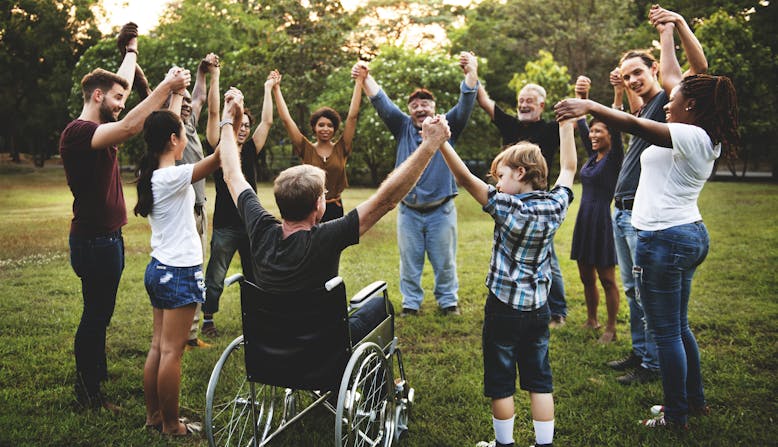
More than 8 million people in the U.S. have psoriasis.
There are more than 125 million people in the world living with psoriatic disease.
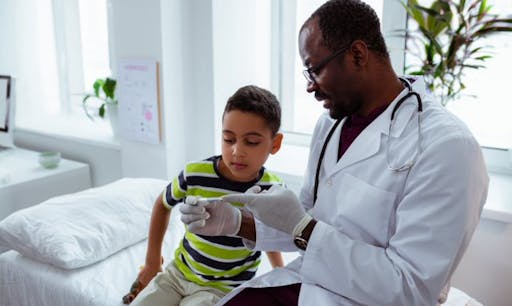
About one-third of people with psoriasis develop it before age 20.
If you are diagnosed with psoriasis at a young age, you are not alone.
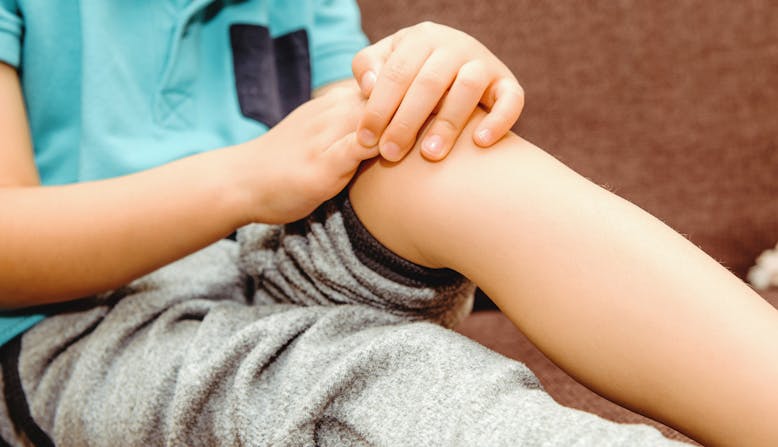
About 1 in 3 people with psoriasis develop psoriatic arthritis (PsA) – as many as 2.4 million Americans.
PsA can develop at any age.

What is Psoriasis?
Psoriasis is a chronic (lifelong) immune-mediated disease that is caused by an overactive immune system, resulting in raised plaques and scales on the skin.
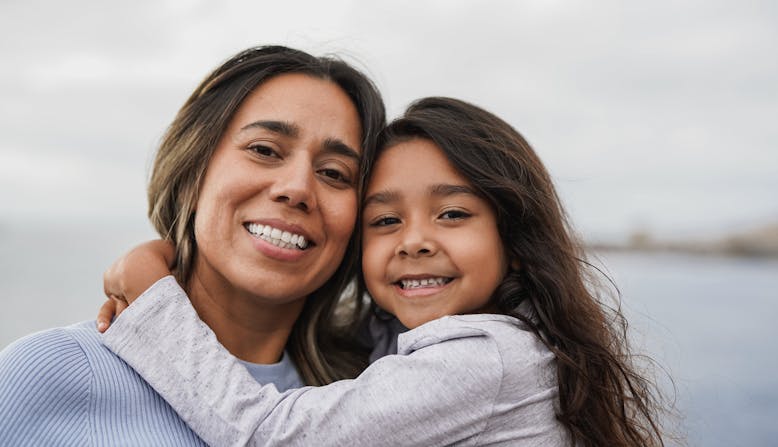
What is Psoriatic Arthritis?
Psoriatic arthritis (PsA) is a chronic, inflammatory disease of the joints and connective tissue (entheses), and can start at any age.
Learn about PsA and treatment options in children and teens.

Comorbidities
People with psoriasis or psoriatic arthritis have an elevated risk of developing a number of related diseases.
How do I talk to my child about psoriasis?
Words of Wisdom
“You are not alone. Millions of people have psoriasis or psoriatic arthritis.”
“This disease will change throughout your life. Flares will come and go. When a flare occurs, let’s look at what we can do. We can always consider new treatments.”
“It’s not contagious. You can’t spread it or catch it. And it’s not your fault. It’s something you were born with, like your eye color.”
Practice Active Listening
Listen, don’t interrupt or explain.
Listen to what your child is saying. Smile, nod, make eye contact. Don’t break in or mentally prepare a rebuttal. When your child is finished, talk about the facts. This shows that you understand, which encourages more communication. Ask friendly questions to get more information. Watch for non-verbal cues from your child – glancing away, dropped shoulders or head down.
Mistakes happen – let them go.
Turn your attention towards finding a realistic solution. As your child grows older, he or she may turn to friends for support instead of you. That’s normal. Just keep the lines of communication open.
You’re never too young to learn resilience.
Help your child work on positive reactions to negative situations. If that doesn’t work, teach your child to move on and brush off displays of ignorance.
Understanding Care and Treatment

What Doctor Should My Child See?
Build a health care team to help manage symptoms and treatments to keep your child healthy.

What Treatment Options Are There?
There are safe and effective options for treating psoriasis and psoriatic arthritis in children and teens.
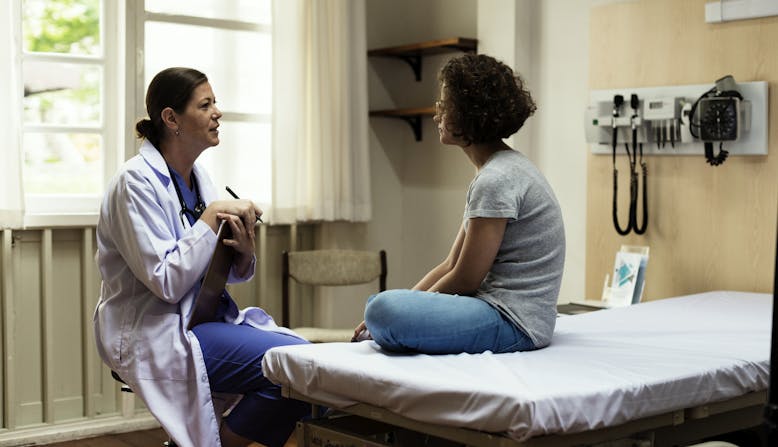
Transitioning Care
As your child grows older they can learn to take on more responsibility with your help.
Healthy Living
There are actions you can take to help your child or teen live a healthy life and reduce the inflammation associated with psoriatic disease.
Emotional Health
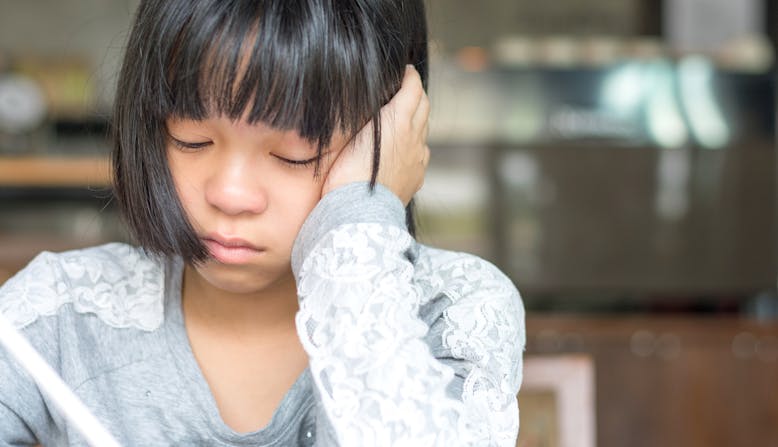
Emotional Impact
Learn how you can better manage the emotional impacts of psoriatic disease for you and your child.

How Do We Deal With Bullying?
Sometimes children who are seen as different can become targets for bullying, learn what it looks like and how to handle it.
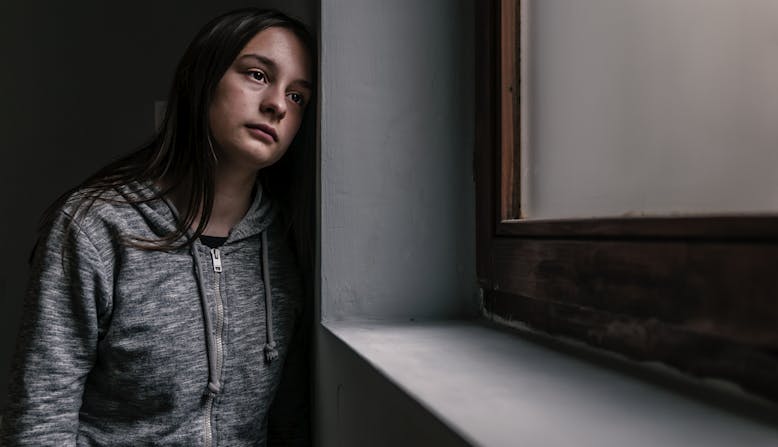
Is My Child Depressed?
Learn what to look for and how to move forward if your child is depressed.
Support and Community
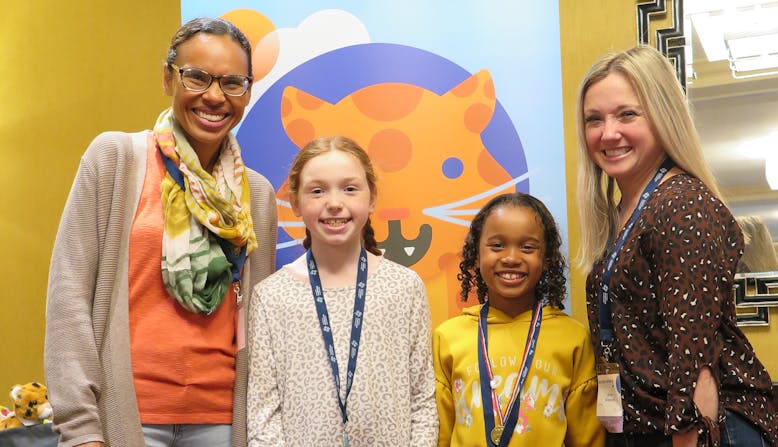
Connect with Someone Who Understands
Talk to a parent whose child has psoriatic disease through our One to One mentor program. Hear from parents Jessie, Nadya, Emma, and Michel how the program can help you as they talk about their struggles and offer tips to make living with psoriasis easier.

Patient Navigation Center
Contact the Patient Navigation Center for free, personalized guidance and support for psoriasis and psoriatic arthritis.
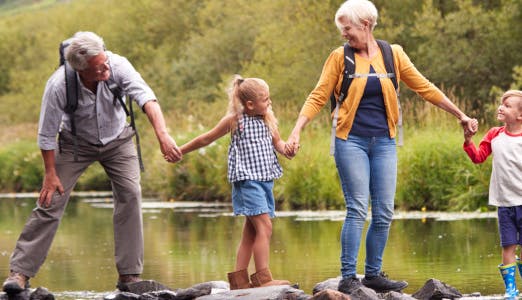
Care Partner Booklet
Get the facts and best advice for caring for your loved ones with our free Care Partner Booklet.
A Guide Just for You
Get your Our Spot Welcome Kit with age appropriate information and tools like the Parent Guide.